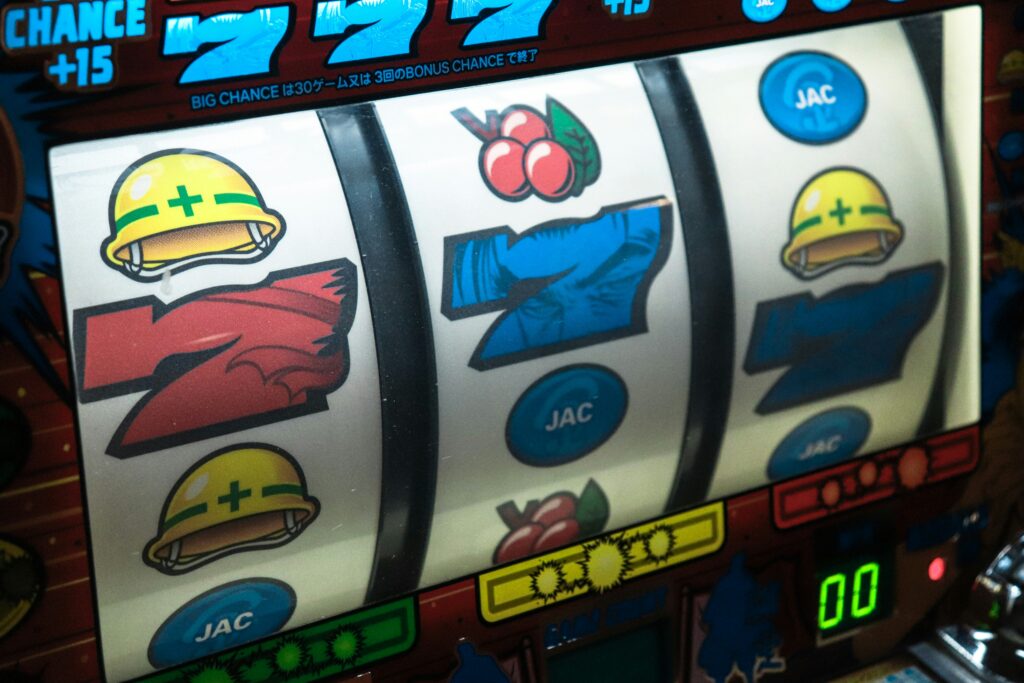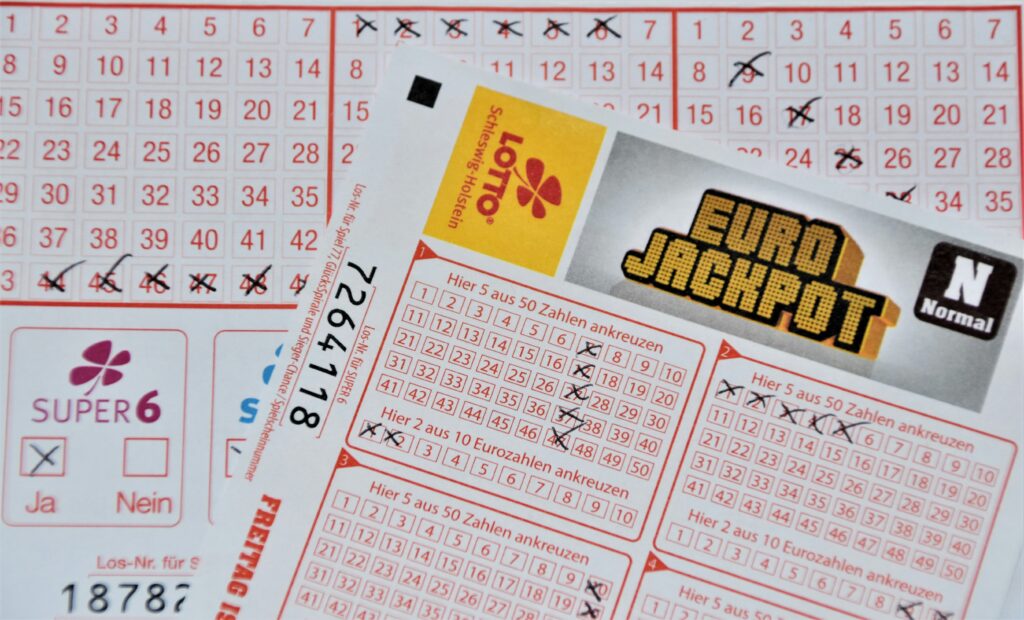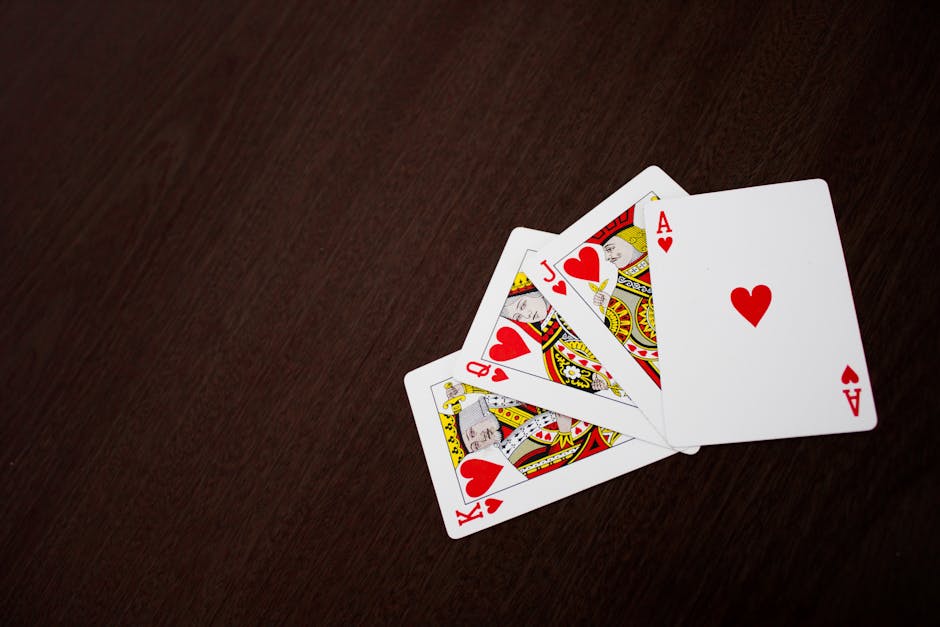Understand the Odds (and Play Smart Anyway)
Most people play the lottery without ever bothering to understand how grim the odds really are. Here’s the truth: the chances of hitting a major jackpot are astronomically low—think one in tens or hundreds of millions, depending on the game. But that doesn’t mean knowledge is useless. Knowing how the odds stack against you helps you play with clarity, not fantasy. It keeps expectations grounded so you’re not shocked when your ticket doesn’t win for the hundredth time.
A lot of players fall for common myths. One of the big ones: thinking the system owes them after a losing streak. It doesn’t. Another? Believing certain numbers are ‘due to hit.’ That kind of thinking has zero math behind it. Lottery draws (assuming they’re fair) have no memory. Every draw is a reset.
Game structure matters, too. A 5/69 draw with a bonus ball has very different odds than a simple 6/49. Scratch-off games? Also stacked against you, but in different ways. Knowing the layout lets you make sharper decisions. Maybe you aim for games with smaller pools and higher odds of a modest payout—quieter wins, more often.
In the end, it’s not about turning the odds in your favor—we don’t control that. It’s about not playing blind. And not playing stupid.
Trend vs. Luck: Which One Matters More?
Let’s get one thing straight: hot numbers and cold numbers aren’t magic. They’re just history—and history doesn’t predict the future in random games. Still, some people swear by tracking frequency to get an edge. The logic? If a number hasn’t hit in a while, it’s “due.” But this isn’t roulette. Most lottery games reset the odds every draw. So while number trends might seem comforting, they’re not reliable predictors.
That brings up the classic question: stick with the same numbers or switch it up? Mathematically, it doesn’t matter—every combination has the same odds every time. But emotionally? Repeating numbers gives some players a sense of routine and control. Others prefer fresh picks each draw to feel like they’re “changing the energy.” The best approach: pick a method you can live with and stay consistent enough to track results realistically.
Now, the ‘almost win’—those one-off numbers or close calls—can mess with your head. They’re built into the game, designed to keep you dangling. Close doesn’t count, but psychologically, it keeps you playing. Recognize it for what it is: a near-miss is still a miss. Use it as motivation to stick to your strategy—or better yet, take a short breather, recalibrate, and return with a clear mindset.
Strategy 1: Use Numbers with Context
Lots of players lean on birthdays, anniversaries, or other personal milestones when choosing lottery numbers. It feels more intentional, more connected. But here’s the rub: dates only go up to 31. That means millions of people are unconsciously clustering around the same number pool, which doesn’t reduce your chances of winning—but it does increase the chances you’ll have to split the pot if you do.
Balanced number pools, on the other hand, spread selections evenly across the full range. It’s more about math than sentiment. While it won’t magically boost your odds, it diversifies your play and keeps you from stacking low digits.
Then there’s the big debate: random picks vs. calculated sets. Quick Picks—where the machine chooses your numbers—are statistically no worse than handpicked combos. But for players who want more control, strategies built around wheeling systems or number reduction filters can add structure. Wheeling involves creating sets of combinations that ensure certain numbers show up together. Number reduction trims the fat—removing obvious repeats or statistically cold numbers.
None of these approaches guarantee a win. But if you’re going beyond gut feeling, these tools offer some logic to what’s usually a game of chance. Just remember: smart doesn’t always mean complicated.
Strategy 2: Bankroll Management and Frequency
Chasing big wins with emotion is a fast track to regret. A disciplined lottery strategy starts with a clear-line budget. That means knowing what you can afford to lose—and being okay with losing it. If you’re dipping into rent or groceries to play, you’re already behind.
Instead of going heavy once in a while, spread it out. Frequency creates consistency, and that’s what gives you a wider net over time. Regular, modest investments usually beat the flash-in-the-pan $100 splurge. It’s not just about giving yourself more chances—it’s about making the habit sustainable.
Most players fall into traps that eat up their budget fast. Syndicate hype is a big one: joining ten group plays without understanding the fine print cuts deep into your control and potential payouts. Another? Over-buying when jackpots spike. Don’t double your spending just because a headline says the pot’s massive. Stick to your limit. The odds didn’t change.
Set a number. Stick to it. No chasing, no exceptions.
Strategy 3: Go Beyond Solo Play
Lottery pools—also known as syndicates—let a group of people buy more tickets together and split the winnings. It’s a simple premise: more tickets, more coverage, slightly better odds. The key is clarity. Choose a trustworthy group (co-workers, friends, family), pick a leader to organize purchases, and agree on rules in writing. Who buys the tickets? How often? What happens if you win big—or barely cover costs? Document now, avoid shouting matches later.
The upside? You spend less individually while participating in more draws. This stretches your budget and keeps the game social. It also makes winning—even a small prize—feel bigger when shared. The catch: you’re splitting everything. A $50 million jackpot sounds nice until you’re dividing it 20 ways. That’s part of the deal, and if that doesn’t sit well, group play might not be for you.
Biggest risks? Poor communication, no written agreement, and members ghosting when money’s due. Worst case: winning gets tangled in a legal mess. Avoid cash-only deals and make sure everyone sees the ticket numbers before each draw. Trust is good—receipts are better.
Mistakes to Ignore at Your Own Risk
Let’s start with this: repeating past numbers is not a rookie move. Contrary to popular belief, all number combinations—past winners included—have the same odds of hitting again. The number 7 doesn’t “cool off,” and that “unlucky” combo that won 10 years ago? Still just as likely as any other. Don’t avoid repeating a sequence just because it’s been drawn before. The lottery doesn’t care about memory.
Now for a basic but often overlooked rule—never post your ticket online. Not a photo. Not a blurred-out corner. Nothing. It sounds extreme until someone else cashes in on your win because they had access to your ticket’s barcode or numbers. Keep your entries offline. Full stop.
Lastly, don’t get stuck in analysis paralysis. Building a strategy is smart, but if it starts feeling like a full-time job, dial it back. Simple systems like playing the same numbers weekly or sticking to a small, rotating set can be just as effective as complex spreadsheets or heavy software. The goal is sustainability, not burnout. Keep it sharp. Keep it lean.
Expert Guidance and Tools That Help
If you’re serious about improving your lottery approach, skip the guesswork. Solid tools make a big difference—especially in tracking performance and staying disciplined.
Start with trusted number-generating apps. These aren’t magic boxes, but they help sidestep human biases, like always using birthdays or repeating last week’s picks. Look for apps with randomization options, history tracking, and draw-specific settings. Tools like LotteryHUB, LottoExpert, or Jackpocket do more than spit out numbers—they structure your play.
Equally important are tracking tools. Knowing which numbers you’ve played, how often, and in what combinations helps you avoid overlaps and spot patterns in your own habits. Some apps offer visual heatmaps, frequency charts, and number rotation tools, which can tighten strategies and reduce waste.
Want to go deeper into smart number play? Check out Expert Tips for Choosing Your Jackpot Numbers.
Final Thoughts: Strategy Can’t Guarantee, But It Can Improve
Luck is uncontrollable. But mindset? That’s yours to shape.
The disciplined player isn’t chasing fantasies—they’re sticking to a plan. They budget, track, and show up regularly without betting more than they can afford to lose. They know the odds are long, and they don’t let that fact drain the fun—they focus on control over chaos. Think less Vegas, more chessboard.
If you’re in it for the long haul, strategy matters. Patterns, frequency, bankroll—all of it helps you stay sharp. Not because it guarantees a win, but because it keeps your emotions in check. No last-minute splurges, no chasing yesterday’s miss.
Play for the fun. But if you’re playing at all, back it up with structure. That’s how you stay in the game without letting it control you. That’s how smart players—win or not—walk away on their terms.




